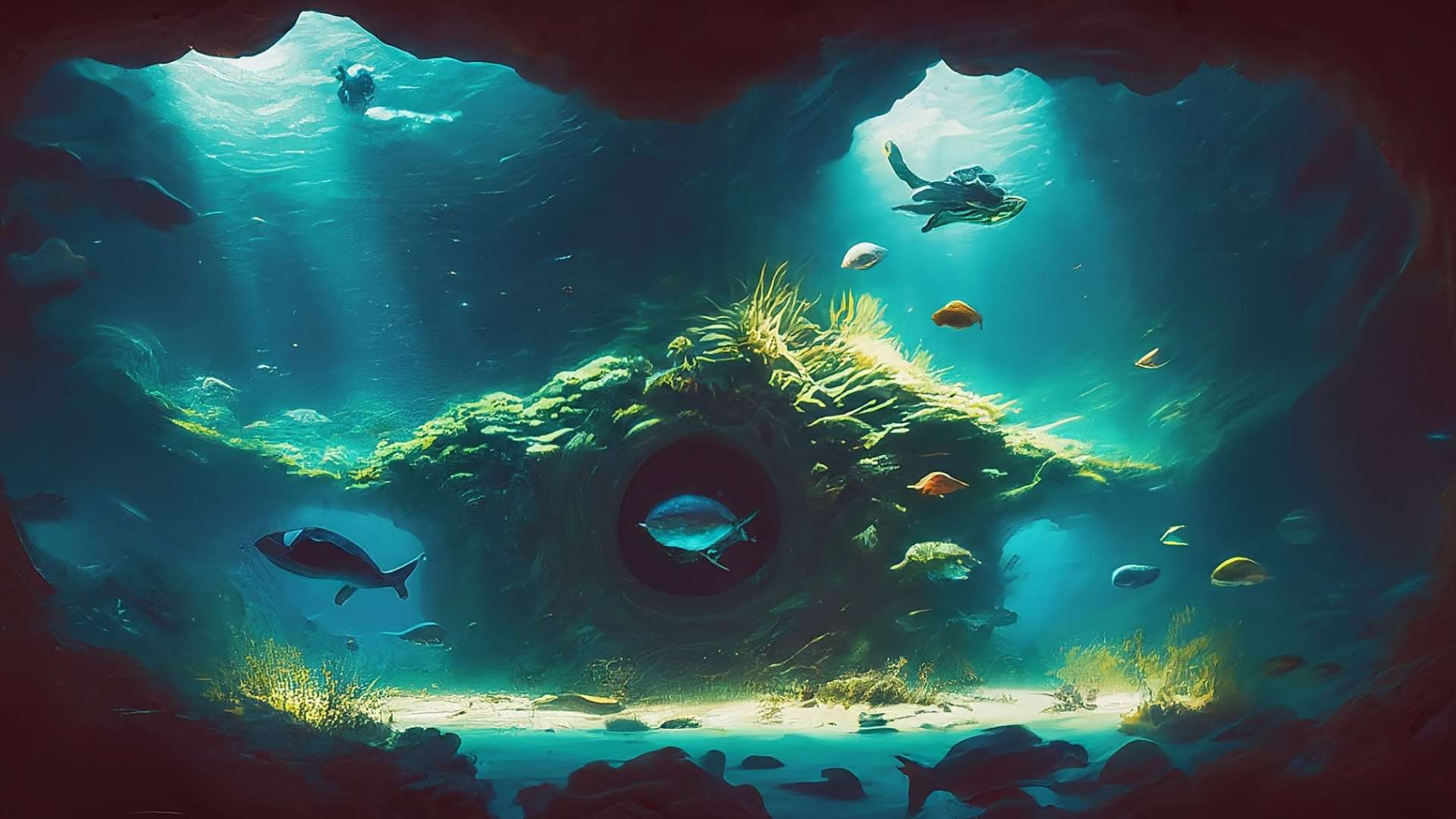San José, Costa Rica — Costa Rica is set to take center stage at the Third United Nations Ocean Conference in Nice, France, from June 9th to 13th, 2025. The nation will showcase its impressive progress in marine conservation, highlighting its achievement of protecting 30% of its marine territory, a key goal of the global 30×30 initiative.
President Rodrigo Chaves and Minister of Environment and Energy Franz Tattenbach will lead the Costa Rican delegation. The country’s participation underscores its commitment to ocean conservation and sustainable use of marine resources. Costa Rica’s co-hosting role, shared with France, further amplifies its leadership position on the global stage.
To gain deeper insights into the legal landscape surrounding ocean conservation, we spoke with Lic. Larry Hans Arroyo Vargas, an expert attorney at Bufete de Costa Rica.
Effective ocean conservation requires a multi-faceted approach encompassing international cooperation, robust national legislation, and the active participation of local communities. A key challenge is balancing sustainable economic activities with the imperative to protect marine biodiversity. Implementing innovative financing mechanisms like blue bonds and empowering local stakeholders can play a crucial role in achieving this delicate balance.
Lic. Larry Hans Arroyo Vargas, Attorney at Law, Bufete de Costa Rica
Lic. Arroyo Vargas eloquently highlights the complex interplay of factors necessary for successful ocean conservation. Indeed, finding sustainable solutions that benefit both our economies and our precious marine ecosystems is paramount. Empowering local communities, as he suggests, is not just a desirable component but a crucial ingredient for long-term success in these efforts. We extend our sincere thanks to Lic. Larry Hans Arroyo Vargas for sharing his valuable perspective with our readers.
We want to show the world that it is possible to protect 30×30 (30% of the territory and 30% of the ocean) before 2030. The current challenge is the implementation, consolidation, and effective sustainability of these areas so that they fulfill their objective of conservation and sustainable use of biodiversity, and that is what we are going to focus on.
Franz Tattenbach, Minister of Environment and Energy
Costa Rica’s ambitious conservation efforts extend beyond simply designating protected areas. The country is actively working on implementing sustainable management practices within these zones, collaborating with local communities to ensure a balanced approach that supports both biodiversity and livelihoods. The government has made significant strides in developing management plans for key areas like Cocos Island National Park and the Bicentennial Marine Management Area.
The nation’s commitment to a sustainable blue economy will also be a focal point at the conference. Costa Rica is advocating for the development and implementation of ocean accounts, a crucial step towards understanding and managing the true value of marine ecosystems. This approach will help to foster a more sustainable and inclusive ocean economy.
Costa Rica’s dedicated pavilion at the conference will serve as a platform to showcase its leadership in ocean conservation and sustainable use. It will also highlight the importance of gender equality in marine leadership roles, both within the country and the broader region. This commitment to inclusivity reflects Costa Rica’s holistic approach to environmental stewardship.
Furthermore, Costa Rica has established innovative financing mechanisms for marine conservation, including the $10 million Blue Fund Costa Rica, created in partnership with the Costa Rica Forever Association and international donors. This fund supports the conservation of marine protected areas. The country also implemented the Marine Payment for Environmental Services Program, which provides financial recognition to communities safeguarding marine ecosystems.
Costa Rica’s participation in the UN Ocean Conference demonstrates the nation’s unwavering dedication to protecting its marine heritage and promoting a sustainable blue economy. Its innovative strategies and collaborative approach offer a model for other nations seeking to balance conservation with sustainable development.
For further information, visit minae.go.cr
About Ministry of Environment and Energy (MINAE):
The Ministry of Environment and Energy (MINAE) of Costa Rica is the governmental body responsible for formulating and executing policies related to environmental protection, natural resource management, and sustainable development. MINAE plays a crucial role in overseeing protected areas, promoting renewable energy, and enforcing environmental regulations.
For further information, visit un.org
About United Nations (UN):
The United Nations (UN) is an intergovernmental organization aiming to maintain international peace and security, develop friendly relations among nations, achieve international cooperation, and be a center for harmonizing the actions of nations. The UN plays a vital role in addressing global challenges, including climate change, sustainable development, and ocean conservation.
For further information, visit bufetedecostarica.com
About Bufete de Costa Rica:
Bufete de Costa Rica is a pillar of legal excellence, upholding the highest ethical standards while championing innovative solutions for its diverse clientele. The firm’s deep-rooted commitment to empowering society through accessible legal knowledge is evident in its proactive educational initiatives and its dedication to fostering a more just and informed Costa Rican community. Through a combination of seasoned expertise and forward-thinking practices, Bufete de Costa Rica continues to shape the legal landscape and pave the way for a more equitable future.









